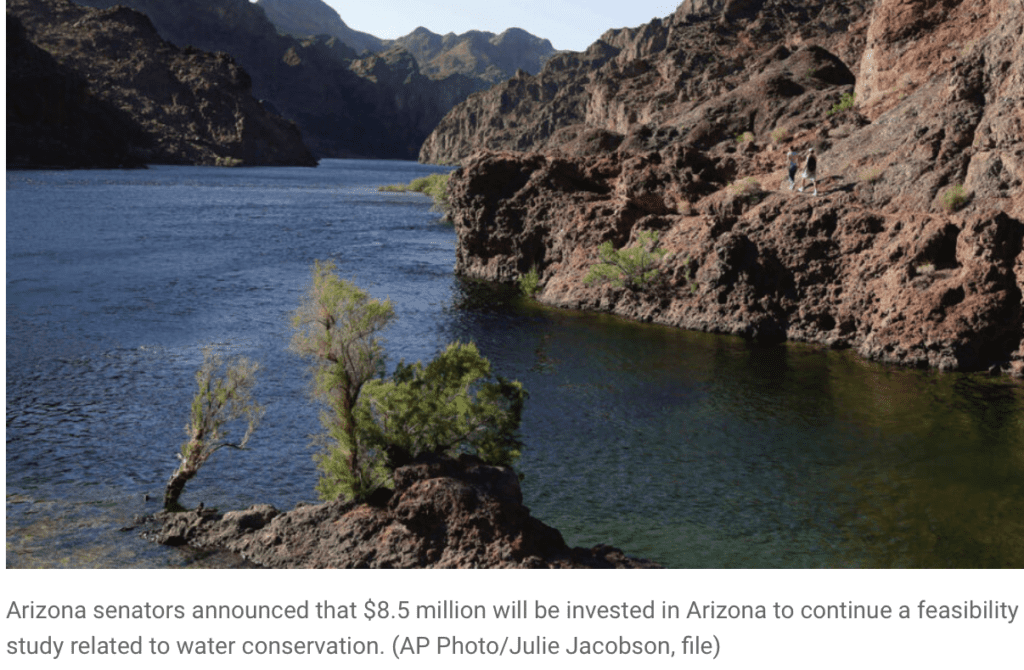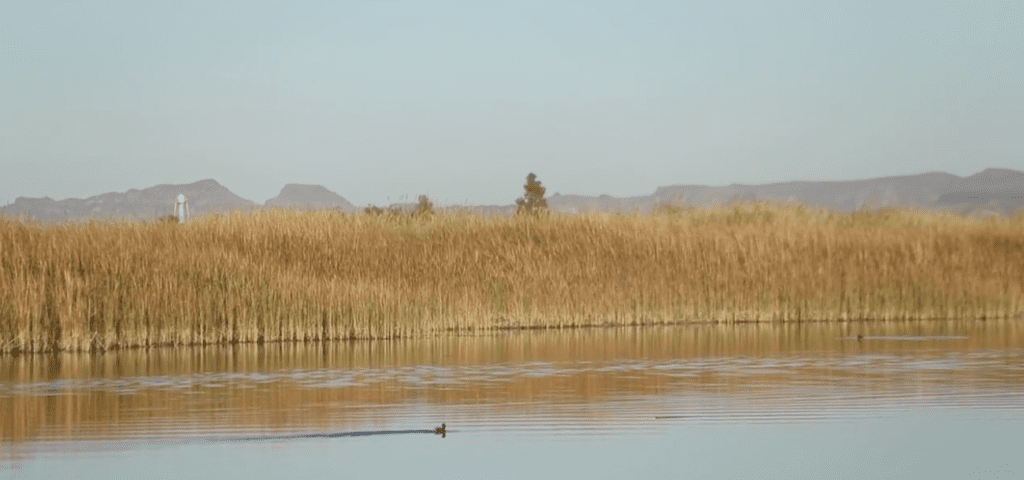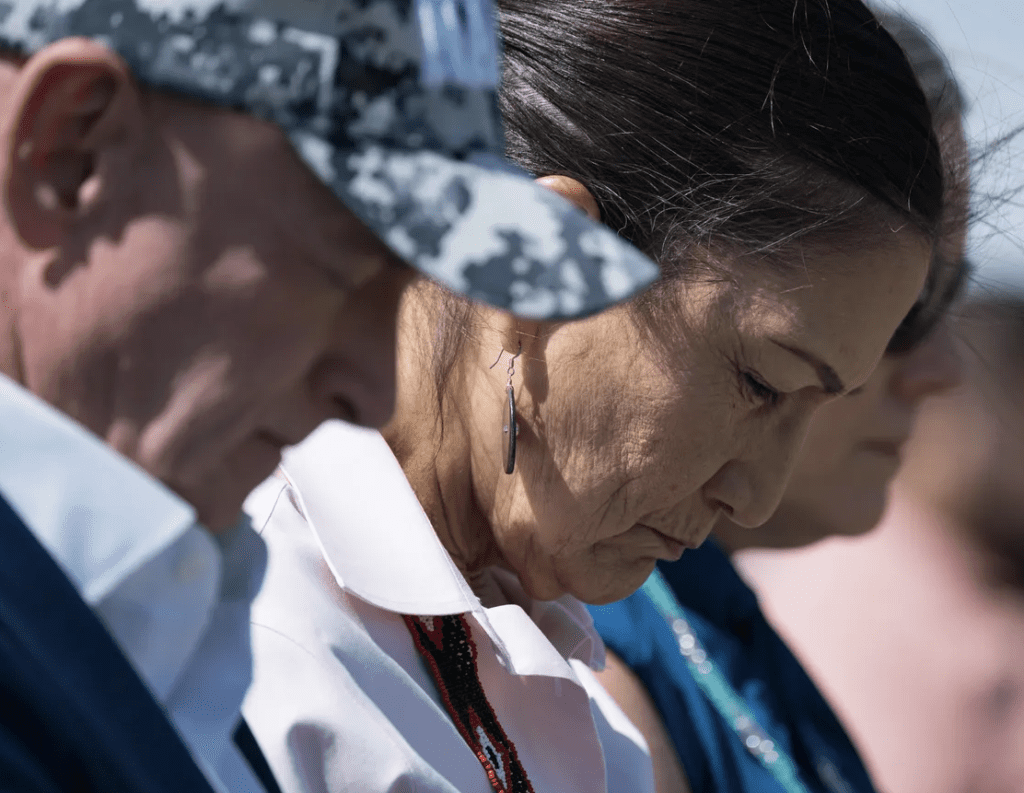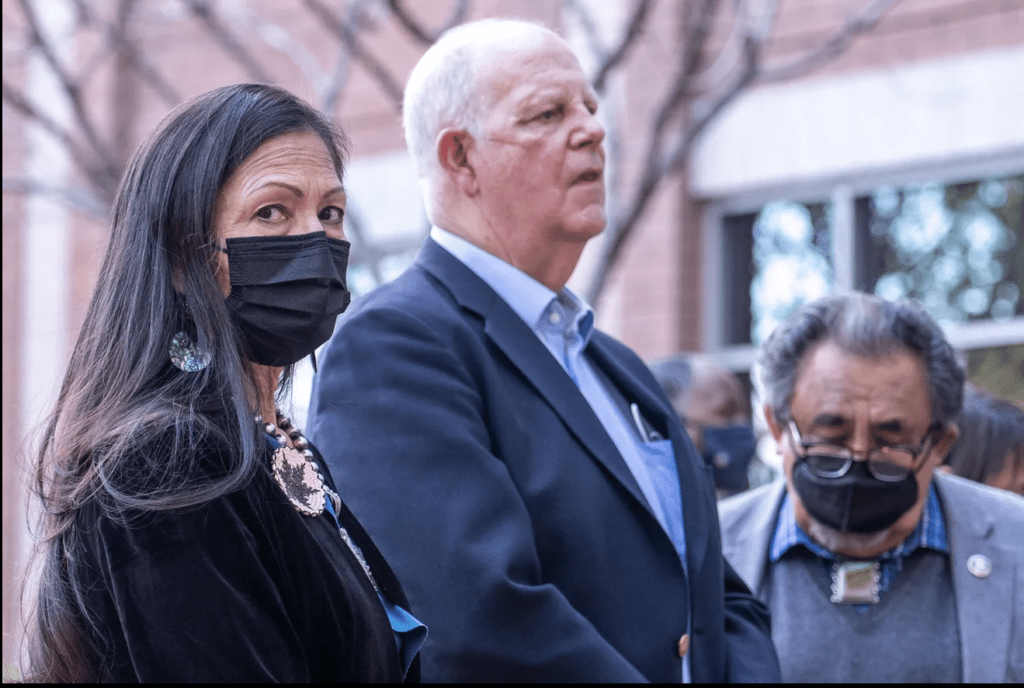Daniel Salzler No. 1259
EnviroInsight.org Five Items May 14, 2024
—————Feel Free To Pass This Along To Others——————
If your watershed is doing something you would like others to know about, or you know
of something others can benefit from, let me know and I will place it in this Information .
If you want to be removed from the distribution list, please let me know.
Please note that all meetings listed are open.
Enhance your viewing by downloading the pdf file to view photos, etc.
The attached is all about improving life in the watershed through knowledge.
If you want to be removed from the distribution list,
please let me know. Please note that all meetings listed are open.
Check our website at EnviroInsight.org
- Arizona To Invest $8.5 Million For Water Conservation Project. PHOENIX — Sens. Kyrsten Sinema and Mark Kelly announced Friday that $8.5 million will be invested in Arizona to continue a feasibility study related to water conservation.

The study identifies alternatives to address water storage lost due to sediment accumulation and manage future sediment accumulation in Horseshoe and Bartlett reservoirs.
“Arizona jobs, economic opportunities and the health of our communities all depend on clean and sustainable water,” Sinema said in a news release. “The historic investments we secured in our Bipartisan Infrastructure Law continue to strengthen Arizona’s water systems and help secure our state’s water future.”
Provisions in the Bipartisan Infrastructure Law provide the Department of the Interior $242 million to improve clean, reliable drinking water in communities across the west through five water storage and conveyance projects. $8.5 million was allocated to continue the Verde Reservoirs Sediment Mitigation Project in Arizona.
“Our Bipartisan Infrastructure Law is rapidly addressing critical water challenges in Arizona and the western United States,” Kelly said. “As our state continues to deal with the consequences of a historic drought, this investment will help us identify and develop solutions to better adapt to drought conditions.”
The Bipartisan Infrastructure Law addresses water infrastructure, such as aging infrastructure, water storage, water recycling, drought contingency plans and dam safety. Source: KTAR News, June 15, 2024
2. As Tribal Leaders Sign Water Deals, They Demand Equal Standing in Colorado River Talks. [Long article, but important] Interior Secretary Deb Haaland knelt and tearfully dipped her hand into the Colorado River after signing a historic agreement that will move the Colorado River Indian Tribes (CRIT) closer to leasing or exchanging part of its Arizona water allocation.

“We know the simple truth,” she said. “Water is sacred.”
But when tribes lack accessible water, or their water rights are not honored, they are unable to plan for their people’s long-term opportunities, Haaland said.
Resolving that situation for at least one tribe in Arizona brought Haaland to the blue ribbon that runs through the western edU.S. Interior Secretary, Deb Haalandge of the Sonoran Desert.

Senator Mark Kelly (left), U.S. Secretary of Interior, Deb Haaland bow their heads in prayer at the signing of the Colorado River Indian Tribe water rights settlement the Blue Water Resort on April 26, 2024.
At a ceremony at the tribe’s waterside resort in April, Haaland, CRIT Chairwoman Amelia Flores, Arizona Gov. Katie Hobbs signed the agreement, which will enable the 4,300-member tribe to move forward with enacting lease agreements, river conservation and other strategies.
Over the past two months, Arizona tribes have celebrated several victories in the effort to secure water rights and the resources to use the life-giving water at the heart of their communities and for tribes with the most senior water rights to have more direct control over those waters.
But tribal leaders say they’re still not full partners in river management and the effort to develop new Colorado River Basin guidelines, and they called for what one tribal leader called a negotiation protocol that gives all parties equal standing.
The riverside ceremony took place more than a year after the Colorado River Indian Tribes Water Resiliency Act was signed by President Joe Biden in the formal agreements between the tribe, the state and the federal government to affirm CRIT’s right to move forward with leasing water.
“This is our home,” said CRIT Chairwoman Amelia Flores. “We are tied to our water.”
Flores said the tribe was celebrating the empowerment of its right to make its own water management decisions. She also noted that the agreement may finally recognize CRIT as a central party in all future river management.
Charting new opportunities for the tribe.
Haaland said there was just one water spigot serving Mesita, her grandparents’ home in Laguna Pueblo in New Mexico.
“My cousins and I had the job of taking our galvanized steel buckets and going to that spigot and hauling water back to the house for me so that my grandmother could cook,” she said. That experience made Haaland realize how precious water is.
The CRIT agreement reflects the Biden administration’s effort to empower tribal communities and communities of color, who she said have been disproportionately affected by the impacts of climate change.
“We are charting a new and better course listening and learning from the affected communities to address the climate,” Haaland said.
CRIT first pondered leasing some of its water 40 years ago, said the tribe’s former water attorney Margaret Vick. But despite having senior water rights dating back to 1865 when its reservation was established, the tribe was legally barred from leasing some of its Arizona-side allocation of 662,000 acre feet. The tribe also has rights to about 57,000 acre feet on the California side of its reservation.
Arizona Sen. Mark Kelly said the revenues CRIT will bring in from leasing will be used for water conservation. “That created more water, which is almost like compounding interest.”
Water rights:Their pleas for water were long ignored. Now tribes are gaining a voice on the Colorado River
Arizona tribes celebrate more recent water wins
The CRIT agreement isn’t the only win for Arizona tribes. In recent weeks, the Biden administration has announced funding for developing water supplies, water treatment and wastewater facilities that include some Arizona tribes.
In May, the Tohono O’odham Nation received nearly $1.59 million for a new treatment plant to address rising arsenic levels in groundwater wells in Sells. The San Carlos Apache Tribe will replace wells impacted by E. coli contamination thanks to a $986,000 grant. Those two grants were part of more than $225 million allocation to improve water and wastewater infrastructure across Indian Country.
The Navajo Nation, Hopi Tribe and San Juan Southern Paiute Tribe signed onto the Northeastern Arizona Indian Water Rights Settlement Agreement, which, if confirmed by Congress, will enable the three tribes to claim a share of Colorado River water.
As The Arizona Republic reported, the settlement will allocate 44,000 acre-feet of Upper Basin water for the Navajo Nation and 2,300 acre-feet for the Hopi Tribe, among other settlements. The settlement covers claims to Colorado’s upper and lower basins, the Little Colorado River within Navajo’s boundaries, Big Boquillas Ranch and groundwater.
San Juan Southern Paiute President Robbin Preston said the settlement will give his 300-member tribe rights to groundwater and surface water within the boundaries of its anticipated 5,400-acre reservation.
The agreement will also eventually convey about 350 acre-feet to the community from the Navajo Nation or a future pipeline from Lake Powell. The tribe resides in a community in the Navajo Nation and is the only landless tribe in Arizona.
Last week, Preston, Navajo Nation President Buu Nygren and Hopi Tribe Chairman Timothy Nuvangyaoma made the rounds in Washington, D.C., to lobby Congress to ratify the water settlement. Among other officials, they met with Arizona Sen. Kyrsten Sinema. She issued a statement after the meeting on the importance of access to water for tribal communities.
“Securing water certainty for tribes is one of my top priorities,” she said.
In an emailed statement, Preston said the tribe has been struggling to support its members’ everyday needs, trucking in water, hay and grain, and buying firewood and wood stoves to keep elders warm in winter.
Preston also said if Congress passes the Northeastern Arizona Indian Water Rights Settlement Act, it would create a reservation for San Juan, since it contains similar language to a bill sponsored by Arizona Rep. Eli Crane. That bill has been held in committee for nearly a year.
Securing a land base would mark a profound turning point for the tribe. “The opportunities that are available to tribes when they have a homeland are transformative, and this will indeed be transformative for the San Juan Southern Paiutes,” he said.
Basin tribes: ‘We want to sit at the same table as the states’
During a water law and policy conference at the University of Colorado Boulder last week, tribal leaders and Indigenous water policy experts said they still aren’t on an even negotiation field with the seven basin states and the federal government.
Although tribes still aren’t seated at what several people at the conference called the “38-sovereign table,” composed of the 30 tribes and seven states within the Colorado River Basin and the federal government, some progress has been made.
Daryl Vigil, co-facilitator of the Water and Tribes Initiative and the conference’s master of ceremonies, acknowledged movement toward more tribal inclusiveness in river matters, including the establishment of a tribal-state-federal discussion forum.

Left to Right: Interior Secretary Deb Haaland, Congressman Thomas O’Halloran, and Congressman Raul Grijalva at press conference outside the former ADEQ building (now the Dept of Water Resources bldg).
Still, the fact remains that the 30 tribes in the basin hold at least 20% of all water rights, tribal leaders said, and they are tired of being left out of the room as officials negotiate new river management guidelines involving their water. The current guidelines are due to expire Dec. 31, 2026.
“We are not participants as we would understand it to be,” CRIT Vice Chairman Dwight Lomayesva said. “Our engagement is secondhand at best.”
Although strides have been made to increase communications and engagements with tribes over the past few years, including a federal-tribal-state discussion forum, the reality is that the level of engagement from his perspective is nowhere near sufficient.
“Given that our water, our livelihoods, our people’s future is at stake, being on the outside looking in, is not fitting for the sovereign nations whose ancestors were living along the river and putting water to beneficial use long before the European settlers even discovered the Colorado River,” he said.
Gila River Indian Community Governor Stephen Roe Lewis also acknowledged that tribes are “more engaged” in the post-2026 guideline process. He and other tribal leaders still noticed that “there has been pushback from certain non-Indian interests in the basin.” Source: AZCentral.com
3. Veolia Releases New Global Climate Survey. Most Americans feel exposed and vulnerable to a deterioration in quality of life due to worsening climate conditions.
Veolia has released a new global climate survey with research firm Elabe. The survey finds that a majority of Americans are ready to take measures to address the challenges of climate change that would have been unheard of a generation ago, including drinking recycled water to adapt to ongoing water shortages.
The survey gauged American public opinions about the impacts of climate change and shows that they are no longer an abstraction for a large percentage of Americans, but something that can be seen and felt on a regular basis.
Worsening storms, unpredictable weather patterns, drought, flooding and other tangible signs of

a changing climate are making Americans feel increasingly anxious and vulnerable, the survey shows.
A previous Veolia survey, conducted in 2022 and released in early 2023, showed a growing consensus toward green solutions for climate-related challenges. The latest one reveals a deepening level of concern and openness to solutions that may have once been regarded as too extreme.
Protecting public health has become a powerful lever to encourage a desire for ecology and consent to changes in behavior or the additional costs of environmental solutions.
Mitigating PFAS and other micropollutants in drinking water is just one example of the investments that will need to be made in the coming years, according to a Veolia press release.
The Veolia survey findings are echoed in recent government reporting, including an Economic Well-Being of U.S. Households in the 2023 report conducted by the U.S. Federal Reserve Board, showing that almost 20% of adults in the U.S. were financially impacted by natural disasters last year, marking a nearly 50% rise from 2022.
Conducted in late 2023 and early 2024, the latest Veolia survey posed climate-related questions to 2,000 Americans selected from a broad range of demographics, including all geographic regions and age groups. Source: WaterWorld June 13, 2024
Copyright: 2024 EnviroInsight.org
